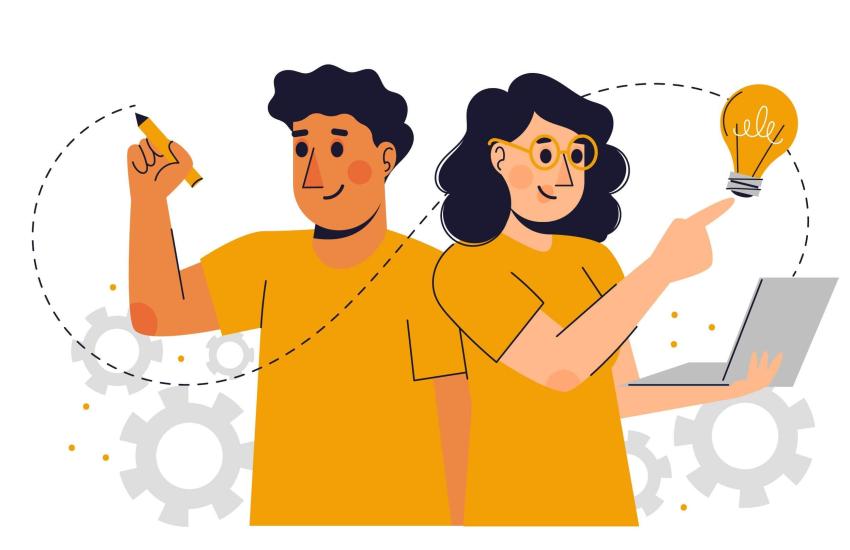Breadcrumb
-
Guidebook
-
Marine Conservation
-
Essential Skills and Qualifications for Marine Conservation Volunteers
Essential Skills and Qualifications for Marine Conservation Volunteers

It's crucial to highlight that although possessing these skills and qualifications can be advantageous, numerous volunteer programs offer training and guidance to participants. These programs may vary in their entry requirements based on the project's nature and tasks at hand. In the end, maintaining a positive attitude, a keen willingness to learn, and a true dedication to marine conservation are fundamental qualities for anyone volunteering in this field.
Passion for Marine Conservation
Having a sincere passion for marine conservation and a strong desire to create a positive impact are essential. Displaying enthusiasm, dedication, and a steadfast commitment to the cause will significantly boost your effectiveness as a volunteer.
Good Physical Fitness and Health
Many marine conservation activities require physical endurance and the ability to work in challenging environments, such as underwater surveys, beach cleanups, or fieldwork. Maintaining good physical fitness and overall health is important for participating in these activities safely and effectively.
Strong Communication Skills
Effective communication is crucial in marine conservation projects. Volunteers may need to interact with team members, researchers, local communities, and visitors. Clear and respectful communication skills, both verbal and written, will help convey ideas, collaborate effectively, and engage with various stakeholders.
Teamwork and Collaboration
Teamwork and cooperation are frequently required for marine conservation. Volunteers must be able to collaborate well with others, respect differing viewpoints, and positively impact the team. The success of the project will be increased by showcasing strong interpersonal abilities, adaptability, and the capacity to operate well in a team environment.
Environmental Knowledge and Awareness
Basic knowledge of marine ecosystems, biodiversity, and conservation issues is beneficial. Understanding the importance of marine habitats, species, and the threats they face helps volunteers appreciate the significance of their work and make informed decisions while engaging in conservation activities.
Fieldwork and Research Skills
Depending on the volunteer program, fieldwork and research skills may be valuable. Familiarity with data collection methods, species identification, and monitoring techniques can enhance your contribution to research and conservation efforts. Training in survey methods, data recording, and research protocols may be provided by the volunteer program.
First Aid and CPR Certification
Having a valid first aid and CPR certification is often required for marine conservation volunteer programs, especially those involving fieldwork, diving, or remote locations. This certification ensures that volunteers are prepared to respond to medical emergencies and provide initial assistance if needed.
Language Proficiency
English or local language competence may be advantageous depending on the region and the communities involved. Collaboration and understanding can be facilitated by having effective communication with regional stakeholders, researchers, or other volunteers.
Experience in Scuba Diving or Snorkeling (if applicable):
Dive or snorkelling activities may be part of several marine conservation projects. If you intend to engage in such programmes, you need have prior scuba diving or snorkelling experience, as well as the appropriate certificates. However, there are ways for non-divers to help with marine conservation programs.

